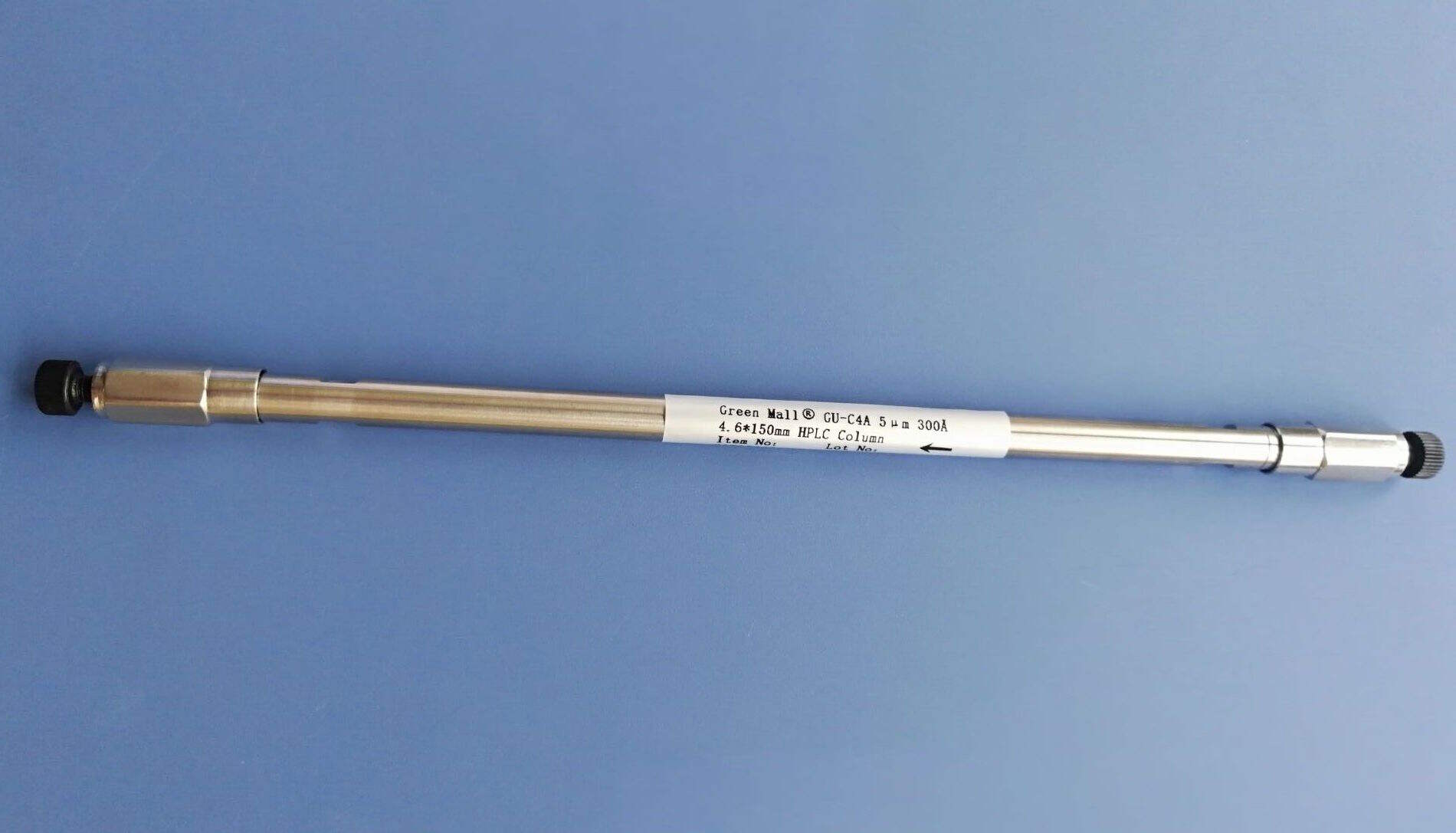hplc sütun kromatografisi
HPLC sütun kromatografisi, ya da Yüksek Performanslı Sıvı Kromatografisi, karmaşık karışım bileşenlerini ayırmak, tespit etmek ve nicelikleri belirlemek için kullanılan güçlü bir analitik tekniktir. Bu sofistike yöntem, özel stasyonér faz malzemesi ile dolu bir sütun ve mobil fazın sütun üzerinden geçmesini zorlamak için yüksek basınçlı bir sistem kullanır. Ayırma, numune bileşenlerinin stasyonér ve mobil fazlarla olan farklı etkileşimlerine göre gerçekleşir. Teknoloji, ayrılmış bileşenleri analiz etmek için UV-görünür, fluoresans ve kütle spektrometrisi gibi çeşitli algılama yöntemlerini kullanır. HPLC sütunları, farklı boyutlarda ve malzemelerde bulunur ve bu da onların birden fazla endüstride uygulamada esneklik sağlar. Yöntem, özellikle ilaç analizi, çevresel izleme, gıda güvenliği testleri ve biyokimya araştırmalarında değerlidir. Modern HPLC sistemleri, otomatik numune enjeksiyonu, hassas akış kontrolü ve ileri düzeyde veri analizi yetenekleri sunar. Yönetimek'in yüksek çözünürlüğü, doğruluğu ve tekrarlanabilirliği sayesinde, kalite kontrol laboratuvarları ve araştırma tesisleri dünyada vazgeçilmez bir araç olmuştur. Hem volatil hem de non-volatil bileşenleri işlemesi yeteneğiyle birlikte nitel ve nicel analiz için kapasitesi, HPLC'yi analitik kimyanın temel taşlarından biri olarak kurmuştur.
